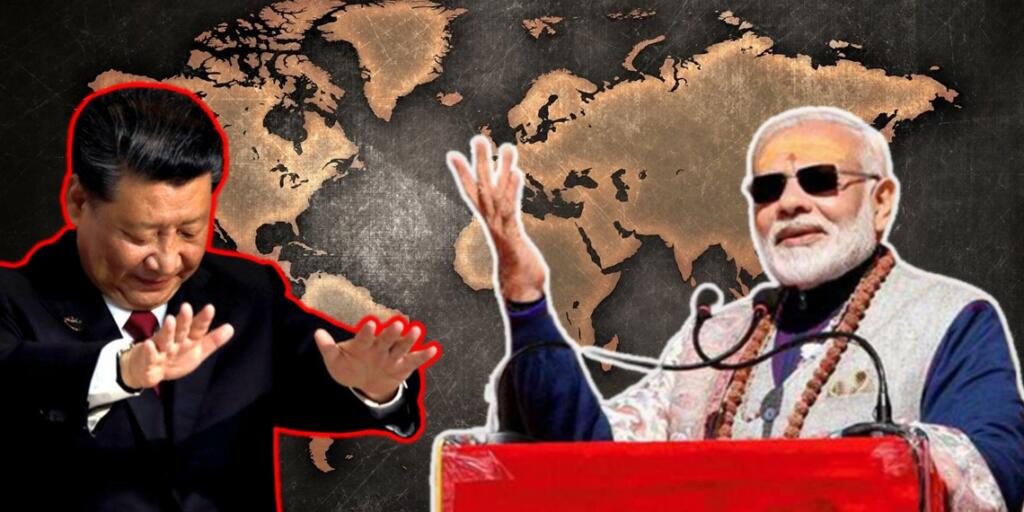Amid the global shortage of food, the storage houses in India are full. And now the country plans to utilize this grain to extend diplomatic help in African and poor Asian countries which were there in shortage. As part of the New Food Plan, India is planning to provide wheat and rice as “gifts” to Yemen, Ethiopia, Syria and Afghanistan, from its overflowing granaries through the UN’s World Food Programme (WFP).
The Central Pool Stock of grains, which is managed by the Food Corporation of India, will provide this grain as “gifts” to poor countries in Asia and Africa. The central sector scheme, which has been in the works for over a year, would be sponsored by the Department of Food & Public Distribution under the Ministry of Consumer Affairs, Food and Public Distribution.
Providing some stocks free of cost to these nations or at a discounted price will raise the stature of India, thus making it a wise, globally-responsible power. Moreover, this program will help in countering China’s influence in these countries.
Through Belt & Road Initiative (BRI) and many other programs, China is influencing these countries in Africa & Asia. However, these programs are mostly focused on building infrastructure and providing soft loans, and these lead to debt traps. Thus, India’s purely humanitarian way of helping these countries through grains would increase the country’s influence in these nations.
“India should help countries like Sri Lanka and other needy neighbouring and African nations by providing rice and wheat the same way it received help from the United States under Public Law 480 in 1960,” said Agricultural economist Ashok Gulati.
“When food is scarce, social riots ensue. Having a three times buffer on food grains, India should give part of the excess buffer stock to the needy countries in Africa or Asia. The larger part of the stocks can still be sold in global markets to cool off prices and India can make a reasonable profit from that,” he added.
Read More: A hungry Europe looks coyly at India’s wheat, and India will feed it
In the last few years, India’s food production has gone through the roof and exports have touched a record high of 50 billion dollars in the last fiscal year.
Agricultural commodities have huge demand in global markets as many major agricultural producers are either facing climatic problems or some geopolitical issue. Amid the ongoing disturbances, India has emerged as the trusted supplier of food to countries around the world.
India is the world’s largest producer as well as exporter of rice. In 2019, India exported rice worth 7.1 billion dollars, accounting for 32 per cent of the global rice export. In 2020, major rice exporters like Vietnam and China were also forced to import the grain from India.
India’s production of agricultural commodities is expected to be even high in the ongoing crop season and its emergence as an export powerhouse would substantially increase its influence around the world, especially in poor countries where we are giving subsidized grains.
The record exports, fast-growing economy and increasing international influence shows that the moment of India has arrived and the 21st century is going to be the Indian century. With innovative ways of helping other nations rather than taking advantage like China, India will emerge as a trusted partner and global power in the coming decades.
